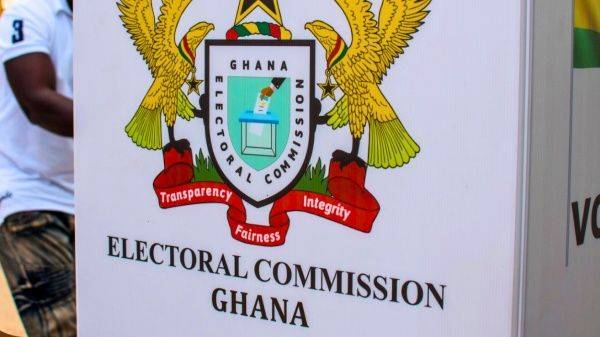Ghana’s Electoral Commission Responds to NDC’s Request for Voters Register Summary
In response to recent questions from the National Democratic Congress (NDC) regarding Ghana's Certified Voters Register, the Electoral Commission (EC) has clarified its legal obligations and addressed concerns over transparency. On November 6, 2024, the EC provided digital copies of the Certified Voters Register to all political parties and independent presidential candidates, fulfilling the requirements of Constitutional Instrument (C.I.) 91, which mandates that such data be accessible to registered parties.
The soft copies, delivered on external hard drives, included various lists integral to the electoral process: the Valid Voters Register, the Exceptions List, the Multiples List, the Transferred Voters List, the Absent Voters List, the Manual Verification List, the Proxy Voters List, and the Special Voters List. Together, these lists represent the final voter data the Commission compiled for the upcoming election.
While the NDC also requested a statistical summary of these lists, the EC emphasized that it is not legally required to provide such detailed breakdowns to political parties. However, the Commission granted this request in the spirit of cooperation and transparency. The EC produced regional summaries of the data, allowing the NDC and other parties to gain a clearer understanding of the voter distribution and verification results across different areas.
The EC noted that, historically, it has only provided the certified register in its complete form without additional statistical summaries. Since the Commission’s establishment in 1992, political parties have received only the register itself, and not these extra data points requested by the NDC. This precedent highlights the unusual nature of the NDC’s request, as well as the Commission's choice to go beyond its standard practices to accommodate it.
In response to questions from the media, EC representatives underscored their dedication to maintaining an open and responsive process. This decision to accommodate additional data requests, though not legally mandated, reflects the EC’s commitment to transparency and accountability during a crucial electoral period.
The Electoral Commission’s efforts aim to ensure that each party has access to complete, relevant information, with a view to enhancing public confidence in the electoral process. As Ghana prepares for its next election, the EC’s approach to sharing information underscores the importance of an inclusive process that respects both legal requirements and the need for public transparency.
**Source:** King Edward Ambrose Washman, Peacefmonline.com


